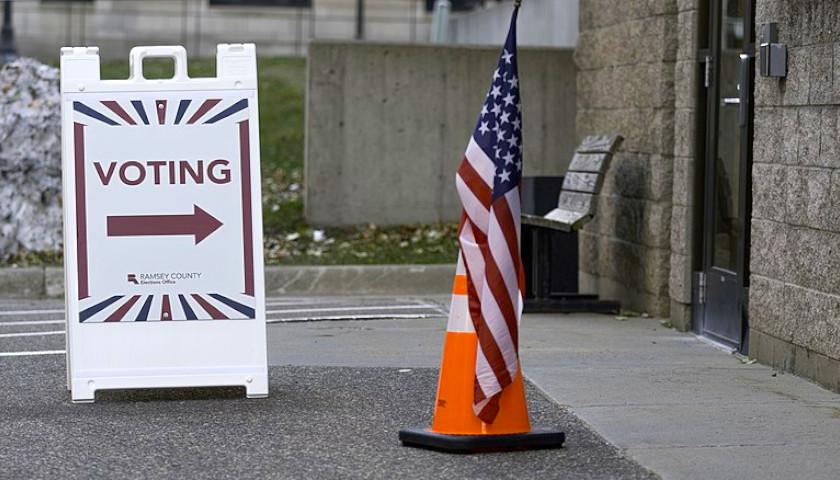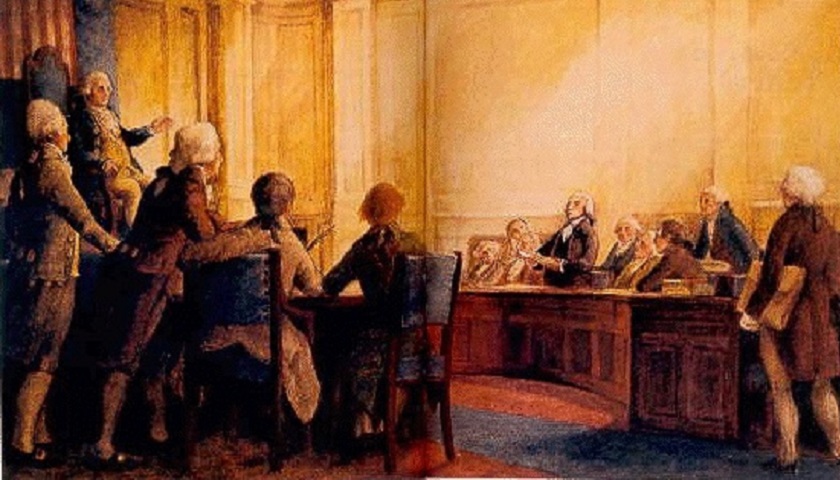The National School Boards Association (NSBA), which according to its website serves about 51 million public school students nationwide, made headlines recently when it requested that President Biden use federal terrorism statutes and issue other “extraordinary measures” against those pushing back against school boards that are indoctrinating children in critical race theory (CRT) and gender ideology. Much has already been written about this, and for good reason. In our Constitutional Republic, the federal government has no authority over education. As James Madison famously stated in Federalist 45, “The powers delegated by the proposed Constitution to the federal government are few and defined. Those which are to remain in the State governments are numerous and indefinite.” A quick scan of the Constitution reveals that the people and states have delegated no educational power to the federal government. Because all power originates in the people and the states, all powers not delegated to the federal government remain in the states and the people. The Tenth Amendment states this principle explicitly.
Instead of leaving educational policy (and challenges to it) to state and local governments, however, President Biden is using the power of federal law enforcement to quell debate and intimidate parents from exercising their First Amendment rights. Using federal law enforcement to chill debate on what is and should be a truly local issue is totalitarianism at its zenith. All totalitarian states centralize educational control in the federal government for the purpose of indoctrinating children in their preferred ideology. The Nazis, Soviets, and Communist Chinese all did (or still do) it, and now, following in their footsteps, the Biden administration is giving it a try, albeit in an indirect, more nuanced manner.
But this piece is actually about a second, more subtle point. A key presupposition underlying the NSBA’s request — and the Biden DOJ’s response — is that parental protests against school boards are completely unfounded. As the NSBA letter notes, “many public school officials are [] facing physical threats because of propaganda purporting the false inclusion of critical race theory within classroom instruction and curricula.” The letter then states that “[t]his propaganda continues despite the fact that critical race theory is not taught in public schools and remains a complex law school and graduate school subject well beyond the scope of a K-12 class” (emphasis added).
Read the full story









